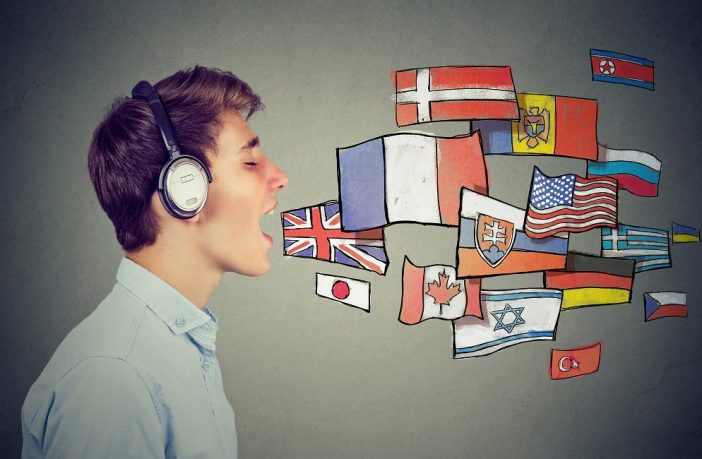Translation is a fascinating career that covers a wide-range of industries, from legal contracts to marketing campaigns, and even prize-winning literature. However, there are challenges to be faced, with a handful of high-profile translators even making the headlines. Dr Severine Hubscher-Davidson, Senior Lecturer in French and Translation at The Open University discusses some of the difficulties that a translator must overcome to be an expert in their field.
Personality can get in the way
Certain personalities are better suited to different areas of translation, with a pragmatic and practical mind more befitting of contracts where precision is key. A creative outlook is great for literature translation, where it helps to have a plethora of words to choose from.
 There is a danger that personality can negatively affect a translation, where personal feelings can be seen in the text. For instance, a reader of a piece of translated literature about Paris described the translation as ‘cold’ and ‘lacking in empathy’. In this case, the translator had strongly disliked the literary text, hated the city of Paris, and had performed the translation reluctantly. This hostility had been perceived by the reader of the work, and influenced his opinion of the piece.
There is a danger that personality can negatively affect a translation, where personal feelings can be seen in the text. For instance, a reader of a piece of translated literature about Paris described the translation as ‘cold’ and ‘lacking in empathy’. In this case, the translator had strongly disliked the literary text, hated the city of Paris, and had performed the translation reluctantly. This hostility had been perceived by the reader of the work, and influenced his opinion of the piece.
Use your personality to improve your translation, not to influence its meaning.
Rely on your intuition
It’s common for translators to use their intuition when translating a text, especially those individuals that are experienced and can use knowledge gained from past projects. However, translators must be careful not to use snap judgement or make a decision based on emotion.
Translators should always make decisions with a clear head, being aware of their emotions and using these to enhance their work. They must avoid quick decisions that may not be trustworthy.
Tolerate ambiguity
Translating involves choosing between a variety of different solutions, where no single answer is correct. It’s therefore vital that translators accept ambiguity as positive to their work, whilst still being confident that their decision is the best option – a translator must always be able to justify their reasoning.
Ethical stress
There may be times when moral beliefs are compromised, making the translator feel guilty and powerless. An example being, a translator that has been assigned by Immigration Officials to ‘get close’ to refugees to evaluate their credibility. This is more likely to be worse in capitalist institutions and global companies, where a rigid structure allows little opportunity for concerns to be voiced.
As mentioned, different personalities are better suited to different types of translation – ensure that you have the mindset for this type of work to avoid undue stress.
Risk of burnout
Similar to other caring professions, like nursing and counselling, where individuals must consistently tackle content that is traumatic, translators can become emotionally exhausted. It’s critical to take regular breaks from projects that are emotionally draining, so that a translator’s work is always of the highest quality.
Find out more
Interested in becoming a translator, take a look at the OU’s range of courses in Language Studies
Read Dr Severine Hubscher-Davidson piece on The Conversation about Why Donald Trump desperately needs interpreters and OU News’ piece Trump and Putin: why interpreters should never be called to testify



